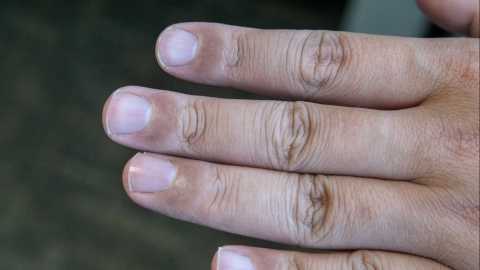Is inability to bend the fingers considered loss of function?
Generally, whether loss of function occurs when a finger cannot bend depends on the specific cause and recovery progress. Temporary inability to bend due to short-term strain or swelling usually does not result in functional loss; however, if the inability to bend is caused by nerve damage, tendon rupture, or other conditions leading to long-term impairment with poor recovery potential, partial or complete functional loss may occur. Detailed analysis is as follows:

If the inability to bend the finger results from muscle fatigue, minor local swelling due to overuse, or temporary compression, the bending function typically recovers gradually after rest and cold compresses to reduce swelling. In such cases, no permanent functional loss occurs.
If the finger cannot bend due to nerve damage, tendon rupture, joint deformity, or similar issues, and if timely treatment is not received or recovery after treatment is inadequate, long-term inability to bend normally may persist, affecting actions such as gripping and pinching, thereby causing partial or complete functional loss.
In daily life, it's important to protect the fingers by avoiding excessive force or trauma. If a finger becomes unable to bend, observe whether pain or swelling is present, allow for appropriate rest, and perform gentle stretching exercises.




